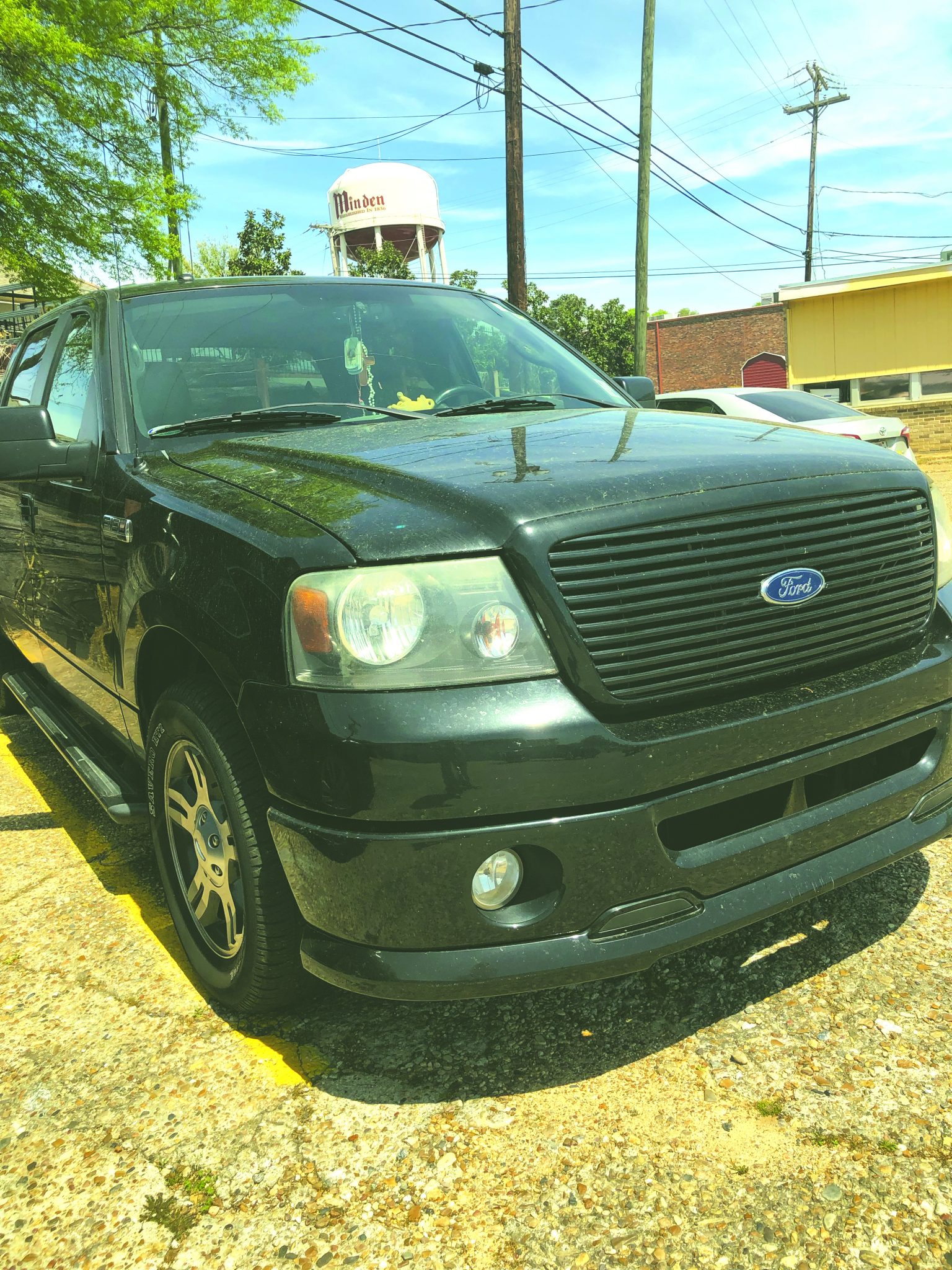268
Pollen season in Webster Parish stays high
There is no denying the city of Minden has experienced heavier amounts of pollen during this spring season.
When asked if relief could be expected soon, KSLA Meteorologist, Kalie Pluchel said, �
Pollen-nation
previous post



